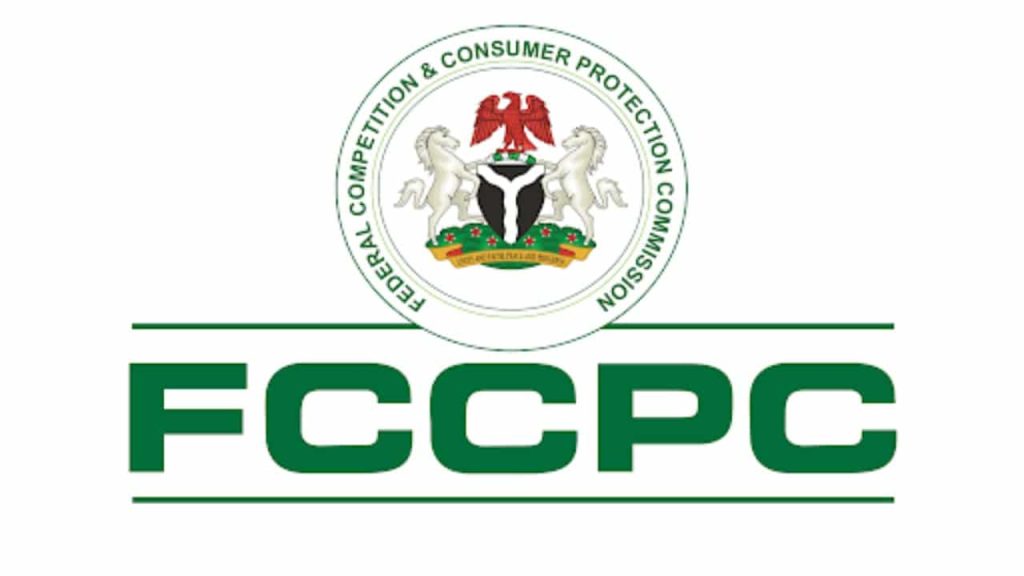The Nigerian government has introduced the Electronic, Online, or Non-Traditional Consumer Lending Regulations, aimed at addressing concerns surrounding digital money lenders and mobile money operators. According to Ondaje Ijagwu, Director of Corporate Affairs at the Federal Competition and Consumer Protection Commission (FCCPC), the new regulations will provide a framework for the operation of digital lending services in the country.
The regulations, which took effect on July 21, 2025, impose sanctions on non-compliant operators, including fines of up to N100 million or 1% of turnover, as well as potential disqualification of directors for up to five years. The FCCPC’s Executive Vice Chairman/Chief Executive Officer, Mr. Tunji Bello, announced the gazetting and commencement of the regulations, stating that they will address data breaches, harassment, and other unethical practices by digital money lenders.
The regulations prohibit pre-authorised or automatic lending, require clear and accessible loan terms, and ban unethical marketing. They also mandate local ownership of at least one service provider for airtime and data lending services and require joint registration of all lender partnerships. Additionally, the regulations prohibit monopolistic or dominance-based agreements without the Commission’s approval.
All digital lenders are required to register with the FCCPC within 90 days of commencement, with approval dependent on meeting consumer protection, data compliance, and transparency standards. The FCCPC has urged all current and intending providers of digital lending services to visit its website for application forms, guidelines, and compliance requirements.
The regulations will affect operators of digital lending services, including Mobile Money Operators (MMOs) and Digital Money Lenders (DMLs) such as FairMoney, Carbon, PayLater, Okash, and Aella. The move is seen as a significant step towards regulating the digital lending industry in Nigeria, which has been plagued by complaints of harassment, data breaches, and unethical practices.
The FCCPC had previously hinted at plans to unveil comprehensive regulations for digital lenders in 2023. With the introduction of these regulations, the Commission aims to promote responsible digital finance and protect the rights and dignity of consumers. The regulations are expected to have a significant impact on the digital lending industry in Nigeria, and their implementation will be closely watched by stakeholders and consumers alike.



